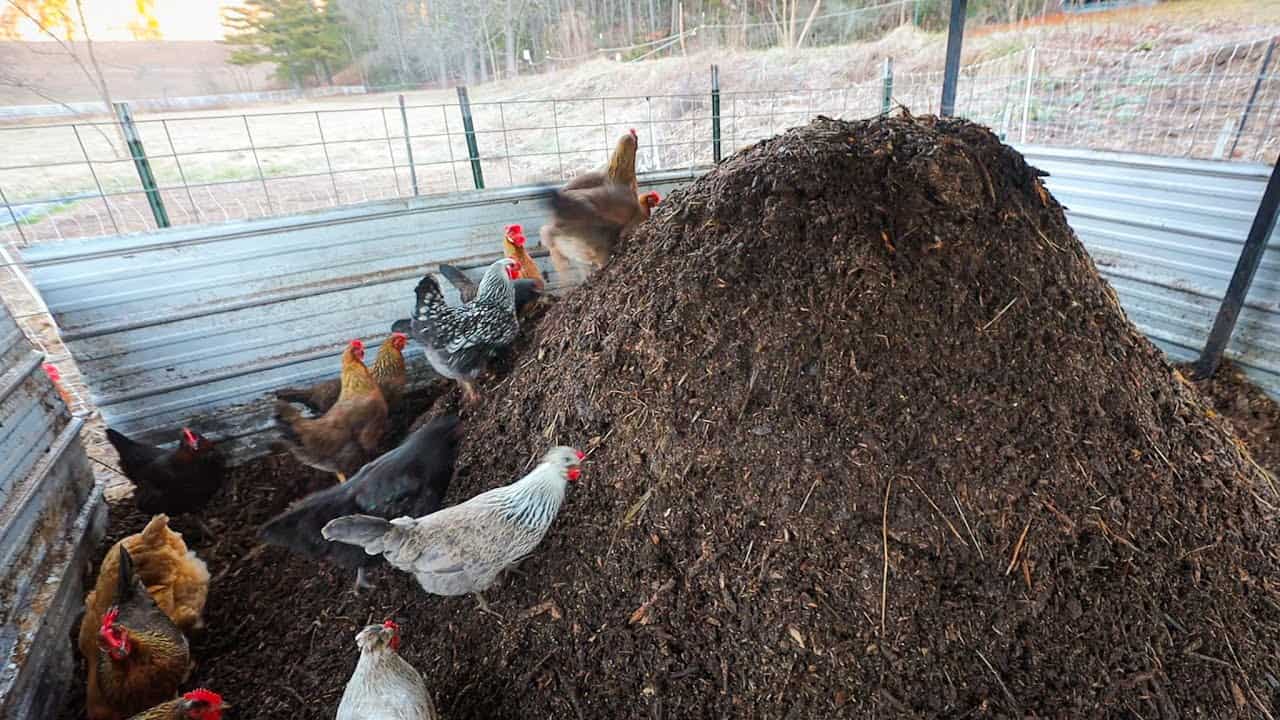

Articles
How To Use Chicken Poop As Fertilizer
Modified: October 19, 2024
Learn how to utilize chicken poop as an effective fertilizer for your garden with our informative articles. Discover the benefits and proper application methods now!
(Many of the links in this article redirect to a specific reviewed product. Your purchase of these products through affiliate links helps to generate commission for Storables.com, at no extra cost. Learn more)
Introduction
When it comes to gardening and improving soil fertility, many people overlook a valuable resource that is readily available: chicken poop. Yes, you heard it right! Chicken poop, also known as chicken manure, can be a highly beneficial and cost-effective fertilizer for your garden. It is packed with nutrients that plants need for healthy growth, and it can help improve soil structure and fertility.
Using chicken poop as fertilizer not only provides a sustainable means of recycling waste but also gives your plants a natural boost without the need for harsh chemical fertilizers. In this article, we will explore the various benefits of using chicken poop as fertilizer, how to prepare it for use, and the dos and don’ts of using it in your garden.
So, let’s dive in and discover how you can turn chicken poop into a powerful fertilizer that will help your garden thrive!
Key Takeaways:
- Turn chicken poop into a nutrient-rich fertilizer by composting, diluting, and applying at the right time. Embrace its alternative uses for sustainable gardening and resourceful practices.
- Utilize chicken poop fertilizer for healthy plant growth, but remember to follow dos and don’ts for safe and effective application. Explore creative ways to maximize its value beyond traditional fertilization.
Read more: How To Store Rabbit Poop For Fertilizer
Benefits of Using Chicken Poop as Fertilizer
Using chicken poop as fertilizer offers a range of benefits for your garden. Here are some key advantages:
- Nutrient-rich: Chicken poop is a fantastic source of essential nutrients such as nitrogen, phosphorus, and potassium. These nutrients are vital for plant growth, development, and overall health. Unlike synthetic fertilizers, chicken poop provides a natural and slow-release source of nutrients, ensuring that your plants receive a steady supply over time.
- Improves soil structure: Chicken poop contains organic matter that helps improve the structure of your soil. It enhances its ability to retain moisture, drain excess water, and allows for better root growth. By improving soil structure, chicken poop creates an optimal environment for plant roots to access nutrients and water more efficiently.
- Promotes microbial activity: Chicken manure harbors beneficial microorganisms that aid in breaking down organic matter and releasing nutrients into the soil. These microorganisms contribute to the overall health and fertility of the soil by enhancing nutrient availability and suppressing harmful pathogens.
- Boosts plant growth and productivity: The rich nutrient content of chicken poop translates into healthier and more vigorous plant growth. Plants fertilized with chicken manure often exhibit increased foliage, larger blooms, and higher yields.
- Environmentally friendly: Utilizing chicken poop as fertilizer aligns with sustainable gardening practices and reduces reliance on synthetic fertilizers. By recycling this waste product, you contribute to a more eco-friendly and organic approach to gardening.
Overall, using chicken poop as fertilizer is a natural and efficient way to nourish your plants, improve soil health, and minimize environmental impact. With its abundance of nutrients and benefits for the soil, chicken poop is an excellent resource for any gardener looking to grow healthy and thriving plants.
Preparing Chicken Poop for Fertilization
Before applying chicken poop as fertilizer in your garden, it’s important to properly prepare it to ensure its effectiveness and prevent potential issues. Follow these steps to prepare chicken poop for fertilization:
- Collecting and storing the chicken poop: Start by collecting chicken poop from your coop or chicken run. Make sure to wear gloves and take necessary precautions to avoid direct contact with the feces. Collect both the solid droppings and the bedding material used in the coop, as it contains valuable nutrients. Store the collected material in a designated container or compost pile.
- Composting: Composting chicken poop is crucial to break down any harmful bacteria, reduce odors, and enhance nutrient availability. Transfer the collected chicken poop to a compost bin or pile. Add carbon-rich materials such as straw, dried leaves, or wood shavings to create a balanced carbon-to-nitrogen ratio. Turn the compost regularly to aerate it and accelerate the decomposition process.
- Mature the compost: Allow the compost to mature for at least six months. During this time, the composting process will transform the chicken poop into a nutrient-rich and stable fertilizer. The mature compost should have a dark, crumbly texture and a pleasant earthy smell.
- Screening: After the compost has matured, you may choose to screen it to remove any larger organic matter or debris. This step is optional but can help create a more visually appealing and easy-to-use fertilizer.
- Storage: Store the finished chicken poop fertilizer in a cool, dry place until you’re ready to use it in your garden. Proper storage will help maintain the nutrient content and quality of the fertilizer.
By following these steps, you can transform raw chicken poop into a well-composted and nutrient-rich fertilizer that is safe and beneficial for your plants.
Applying Chicken Poop Fertilizer to Your Garden
Once you have prepared your chicken poop fertilizer, it’s time to apply it to your garden. Here are some guidelines to ensure proper application:
- Know your plants’ needs: Different plants have different nutrient requirements. Before applying chicken poop fertilizer, determine the specific needs of the plants in your garden. For example, leafy greens may require more nitrogen, while flowering plants may benefit from a balanced NPK (nitrogen, phosphorus, and potassium) ratio.
- Dilute or incorporate into the soil: Chicken poop fertilizer can be relatively potent, so it’s best to dilute it or mix it into the soil to avoid burning your plants. You can dilute it by mixing one part fertilizer with two to three parts water. Alternatively, incorporate it into the soil by applying it directly to the root zone and gently mixing it into the top few inches of soil.
- Apply at the right time: Timing is crucial when applying chicken poop fertilizer. It is best to apply it to your garden in the spring or fall, before planting or during the early growth stages of your plants. This allows the nutrients to be readily available for uptake by the plants throughout their growing season.
- Consider using a drip irrigation system: If you have a drip irrigation system in your garden, consider applying chicken poop fertilizer through it. This ensures that the nutrients are delivered directly to the plant roots, maximizing their absorption efficiency.
- Monitor and adjust: Monitor the growth and health of your plants after applying chicken poop fertilizer. If you notice any signs of overfertilization, such as leaf burn or stunted growth, dilute the fertilizer further or reduce the amount applied.
Remember, moderation is key when using chicken poop fertilizer. It is always better to under-apply and gradually increase the amount than to risk overfertilizing your plants. Additionally, it’s a good practice to alternate chicken poop fertilizer with other organic fertilizers to provide a balanced range of nutrients to your garden.
By following these application guidelines, you can effectively utilize chicken poop fertilizer to promote healthy plant growth and maximize the benefits for your garden.
Dos and Don’ts of Using Chicken Poop Fertilizer
While chicken poop fertilizer can be a valuable addition to your garden, it’s essential to follow some dos and don’ts to ensure its safe and effective use. Here are some guidelines to keep in mind:
Read also: 12 Best Chicken Manure Fertilizer for 2025
Dos:
- Do compost the chicken poop: Composting chicken poop is crucial to kill any harmful pathogens, reduce odors, and break down the organic matter into a nutrient-rich fertilizer.
- Do test the soil: Before applying chicken poop fertilizer, it’s beneficial to test the soil pH and nutrient levels. This will help you understand the specific nutrient requirements of your plants and adjust the fertilizer application accordingly.
- Do use protective gear: When handling chicken poop, always wear gloves to protect your hands from potential bacteria or parasites present in the feces.
- Do apply at the right time: Apply chicken poop fertilizer during the appropriate season and growth stage of your plants. This ensures that the nutrients are available when the plants need them the most.
- Do store and handle safely: Properly store the chicken poop fertilizer in a cool, dry place to maintain its quality and nutrient content. Keep it away from children, pets, and areas where food is prepared or consumed.
Don’ts:
- Don’t apply fresh chicken poop directly to plants: Fresh chicken poop can be highly concentrated and may burn your plants. Always compost or age the chicken poop before applying it to your garden.
- Don’t overapply the fertilizer: Applying excessive amounts of chicken poop fertilizer can lead to nutrient imbalances and harm your plants. Follow the recommended dosages and monitor plant health to avoid overfertilization.
- Don’t use on edible parts of plants: Avoid applying chicken poop fertilizer directly on the edible parts of plants that will be consumed. Instead, focus on applying it to the soil around the base of the plants.
- Don’t use on seedlings: Young seedlings are delicate and may be sensitive to the nutrients in chicken poop. Wait until they have established a bit before incorporating the fertilizer into their soil.
- Don’t rely solely on chicken poop fertilizer: While chicken poop is a valuable fertilizer, it’s essential to diversify your nutrient sources. Incorporate other organic fertilizers or amendments to provide a balanced range of nutrients for your plants.
By following these dos and don’ts, you can effectively and safely utilize chicken poop fertilizer for your garden, maximizing its benefits while minimizing potential risks.
Mix chicken poop with other organic materials like straw or sawdust to create a balanced fertilizer. Allow it to compost for at least 6 months before using to avoid burning your plants.
Alternative Uses for Chicken Poop
While chicken poop is primarily known and valued as a fertilizer, there are several alternative uses for this waste product. Here are some creative ways to put chicken poop to good use:
- Composting: Besides using chicken poop as a fertilizer, it can also be a vital ingredient in composting. Adding chicken manure to your compost pile helps accelerate the decomposition process and enriches the compost with valuable nutrients.
- Worm farming: Chicken poop serves as an excellent food source for composting worms, such as red wigglers. By starting a worm farm and feeding them chicken manure, you can create highly nutritious worm castings, also known as vermicompost, to further enhance your garden’s soil fertility.
- Soil amendment: Chicken poop can be used as a soil amendment to improve heavy clay soil or sandy soil. By incorporating it into your soil, you can enhance its structure, moisture-holding capacity, and nutrient content.
- Bug repellent: Believe it or not, certain pests find the smell of chicken manure unpleasant. You can strategically place small amounts of chicken poop around your garden to deter pests like deer, rabbits, and rodents from damaging your plants.
- Biogas production: Chicken poop can be utilized as a feedstock for biogas production. The anaerobic digestion of chicken manure produces methane gas, which can be harnessed for cooking, heating, or electricity generation.
- Heat generation: When dried and burned, chicken poop can be used as a source of heat in certain applications. Some farmers use it as a supplementary heat source for their greenhouses or as a fuel in biomass boilers.
- Sustainable building material: In some regions, chicken poop is mixed with other materials like straw or clay to create adobe bricks for construction. These bricks provide insulation and can be a sustainable alternative to traditional building materials.
- Education and research: Chicken poop can be a valuable resource for educational purposes, such as teaching composting or conducting scientific studies on nutrient cycling and soil health. It provides hands-on learning opportunities and contributes to a better understanding of sustainable agricultural practices.
These alternative uses demonstrate the versatility of chicken poop beyond being a fertilizer. By exploring these options, you can maximize the value of this waste product and contribute to a more sustainable and resourceful approach to gardening and agriculture.
Conclusion
Chicken poop may not be the most glamorous topic, but it proves to be a valuable resource for gardeners and farmers alike. The benefits of using chicken poop as fertilizer are numerous, including its nutrient-rich composition, ability to improve soil structure, promotion of microbial activity, and its contribution to environmentally friendly gardening practices.
By following the right steps to prepare and apply chicken poop fertilizer, you can harness its potential to nourish your plants, enhance their growth, and increase their productivity. Remember to compost the chicken poop, dilute or incorporate it into the soil, apply it at the appropriate time, and monitor your plants’ health for optimal results. Additionally, respect the dos and don’ts to ensure safe and effective use of chicken poop as fertilizer.
It’s also worth noting that chicken poop can have alternative uses beyond its role as a fertilizer. From composting and worm farming to bug repellent and biogas production, there are various creative ways to maximize the value of this waste product. By exploring these alternative uses, you can make the most of chicken poop’s potential and contribute to a more sustainable and resourceful approach to gardening and agriculture.
So, the next time you clean out your chicken coop or come across chicken poop, think beyond just waste disposal. Consider turning it into a valuable fertilizer or exploring its alternative uses. Embrace the power of chicken poop and discover the benefits it can bring to your garden and the environment.
Excited about boosting garden vitality with chicken poop fertilizer? Keep the momentum going by learning more about top picks in chicken manure products, ideal for enriching soil in the upcoming year. If broader organic options spark interest, check out recommendations for the best natural fertilizers that promise to invigorate plant growth without harsh chemicals. Both guides offer practical insights to ensure your garden thrives, naturally and effectively.
Frequently Asked Questions about How To Use Chicken Poop As Fertilizer
Was this page helpful?
At Storables.com, we guarantee accurate and reliable information. Our content, validated by Expert Board Contributors, is crafted following stringent Editorial Policies. We're committed to providing you with well-researched, expert-backed insights for all your informational needs.
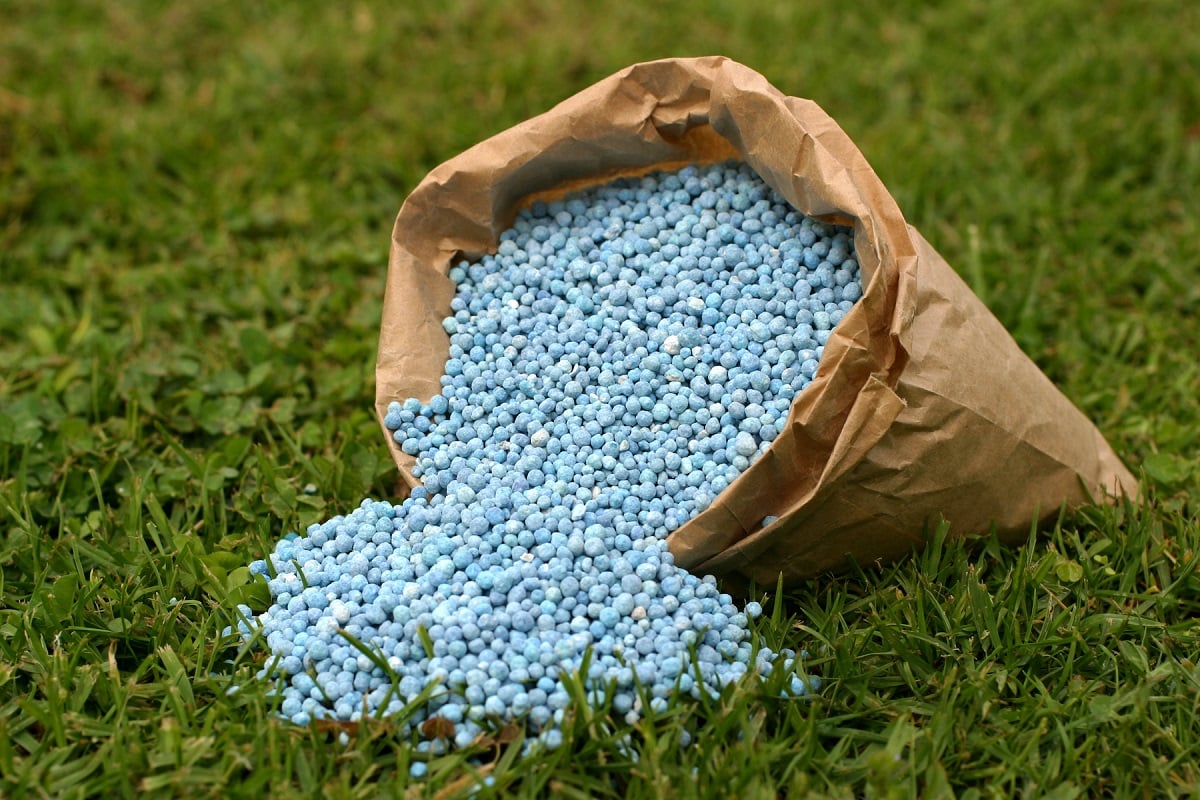
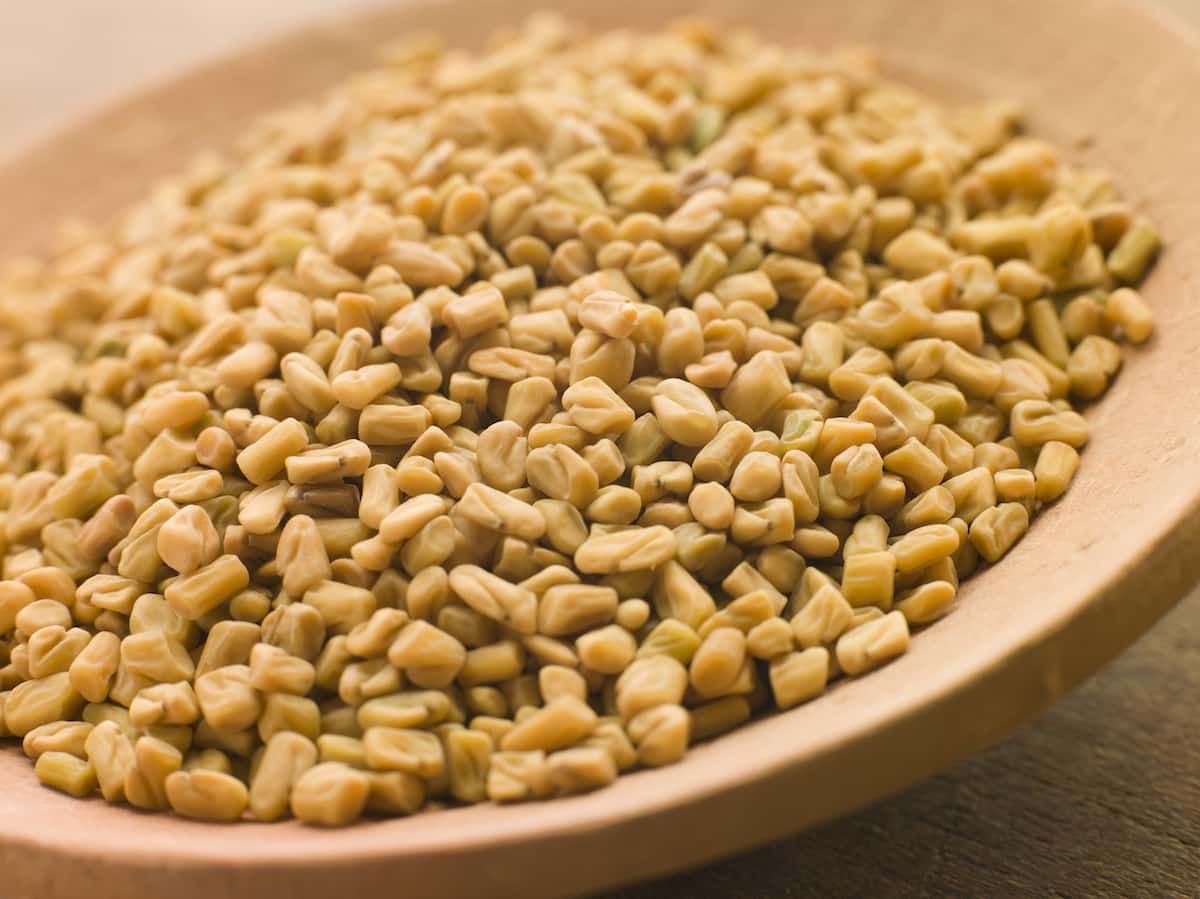

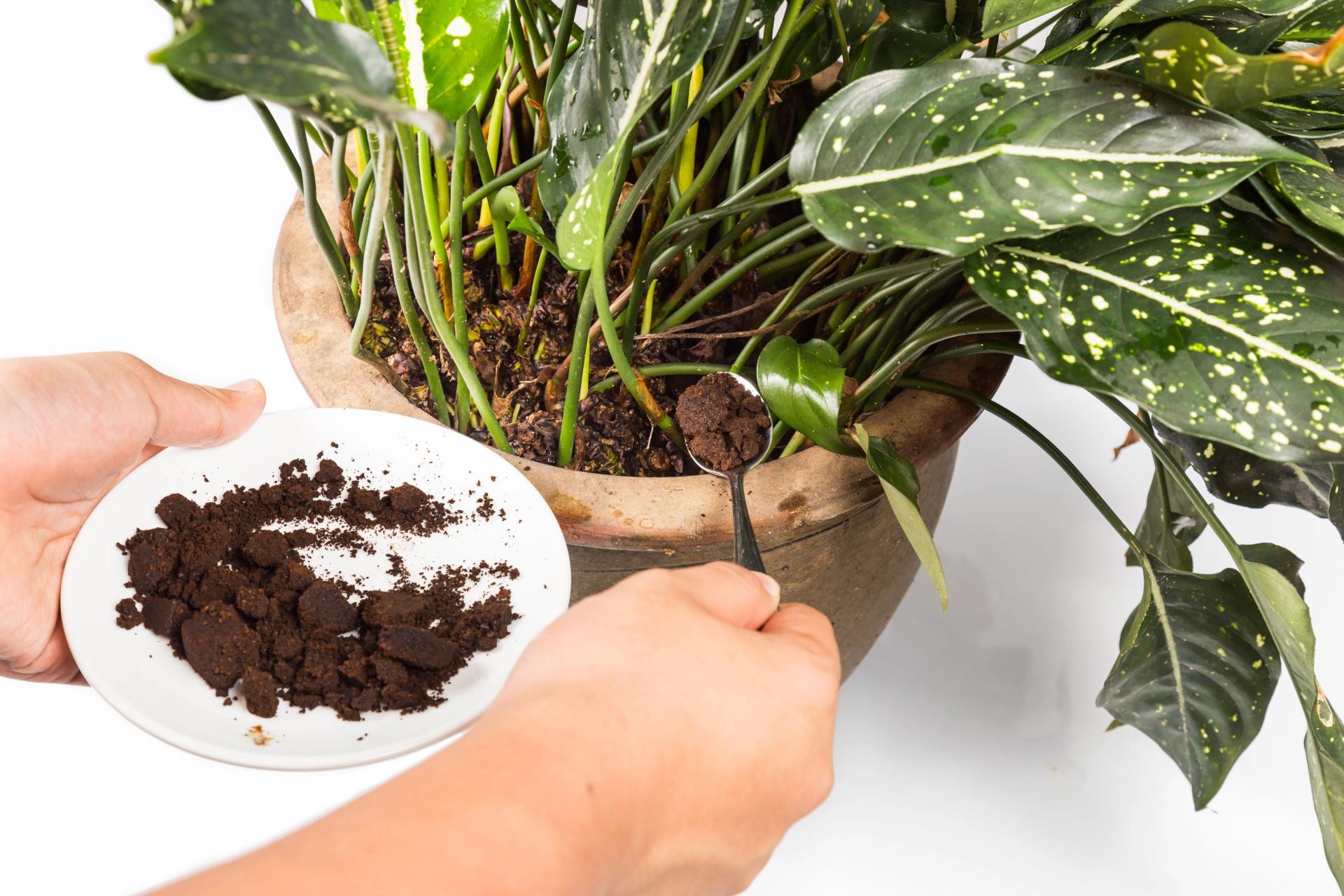
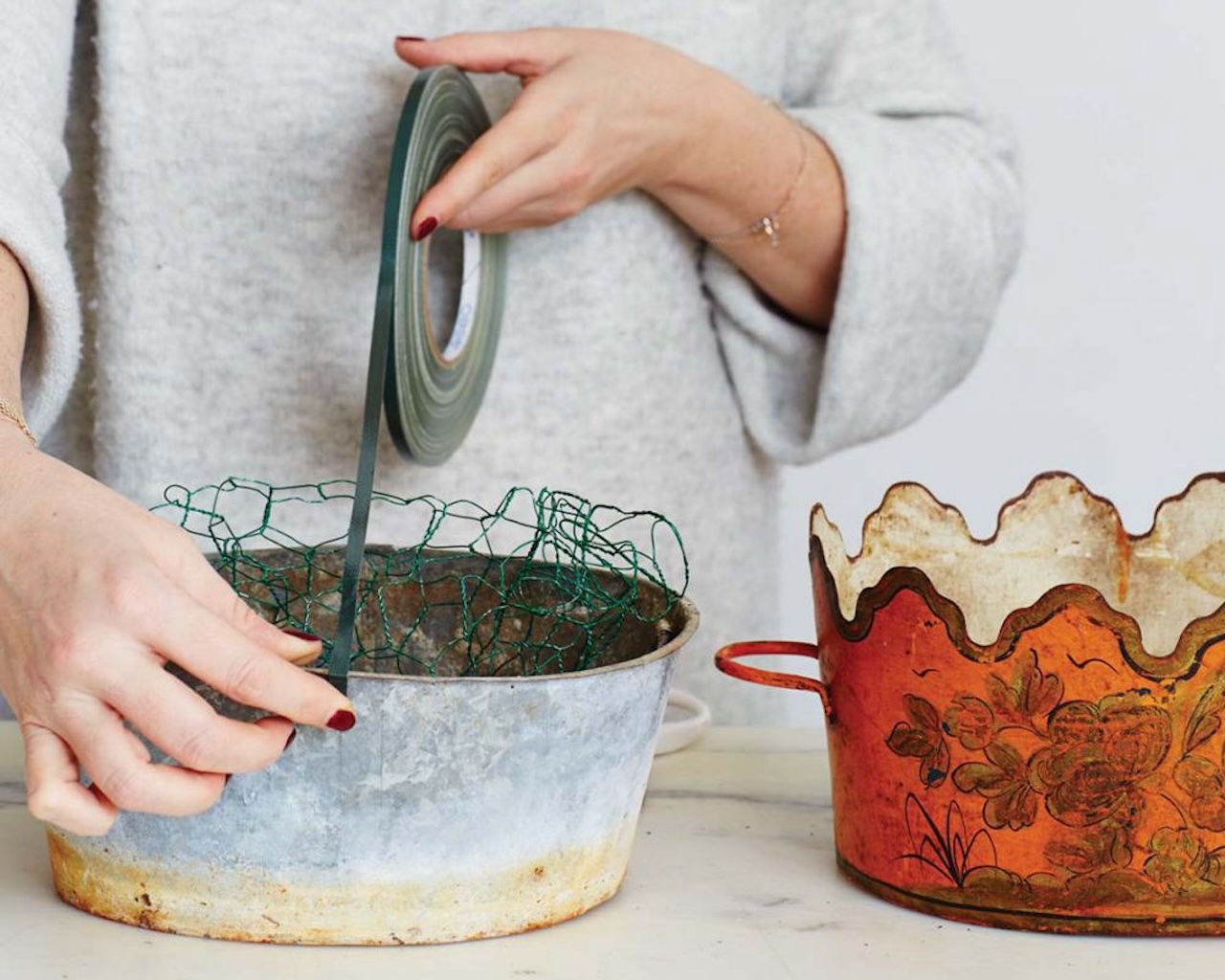
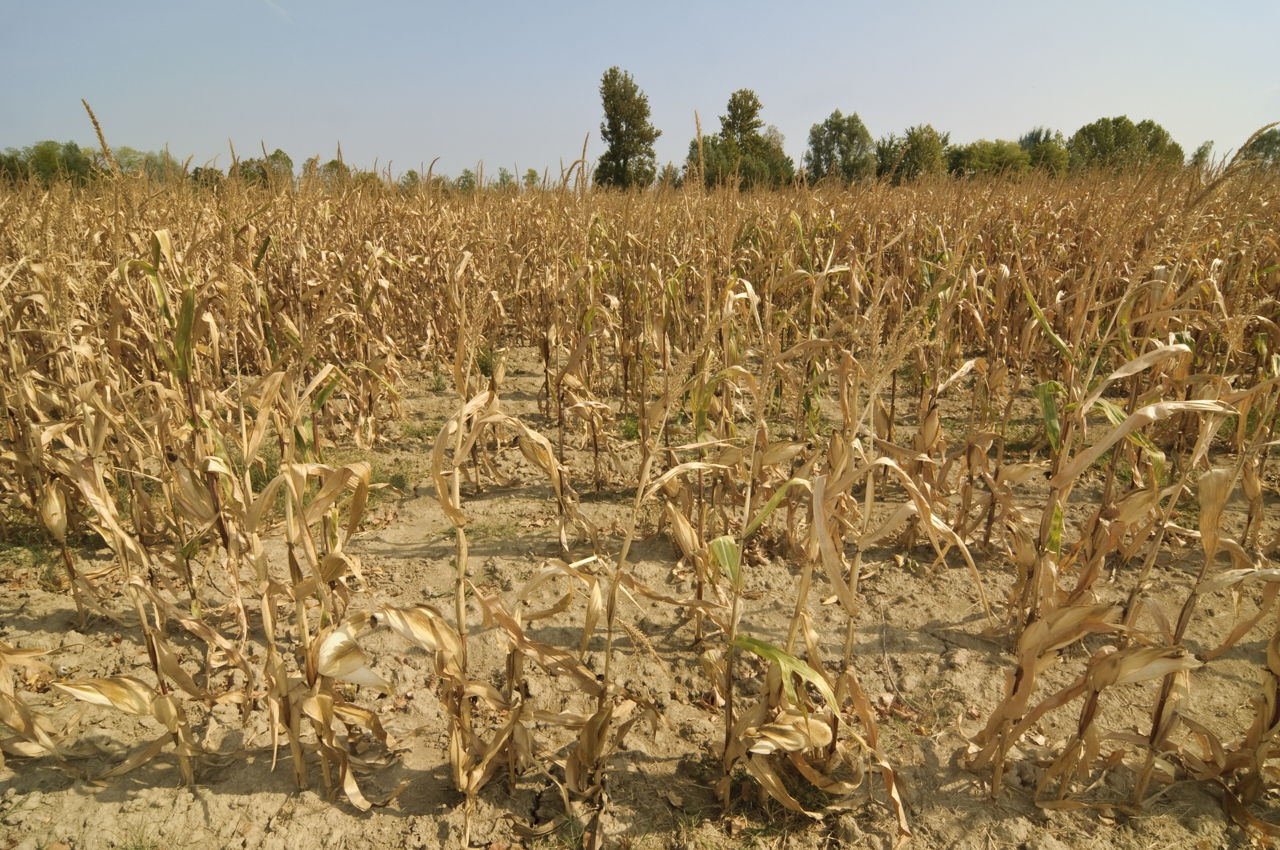
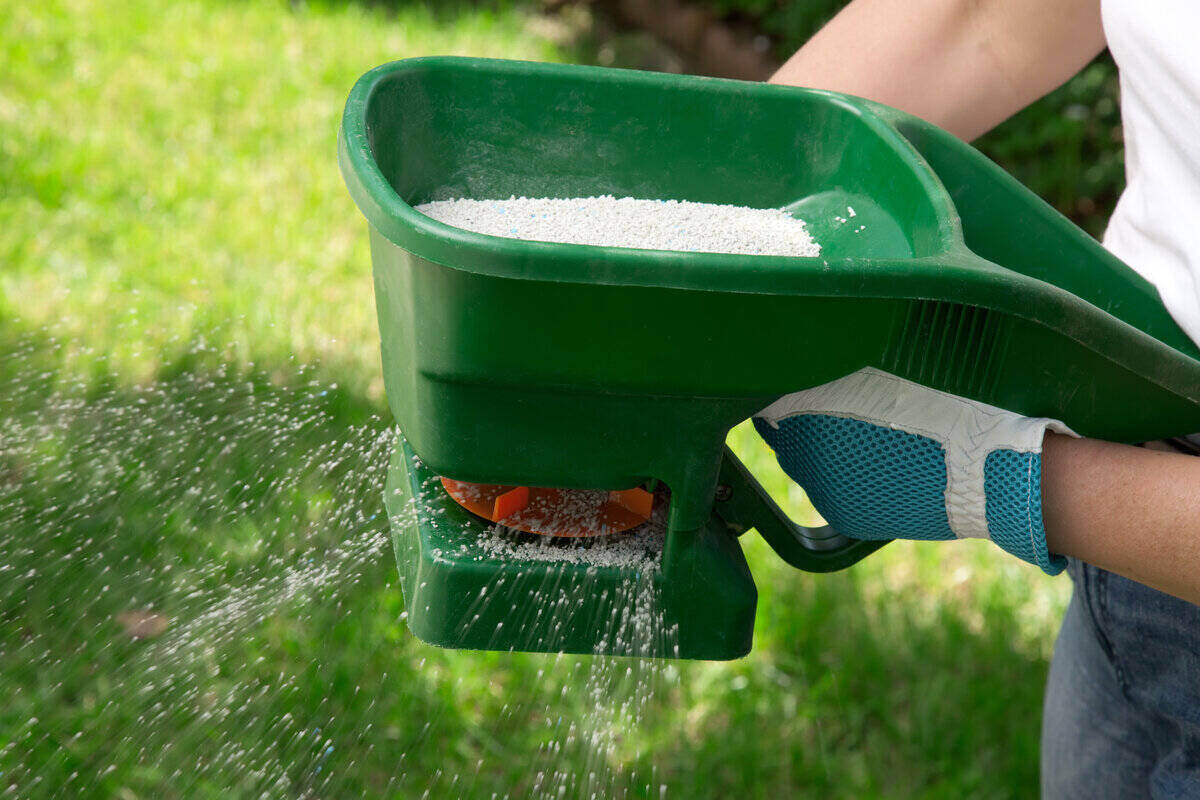
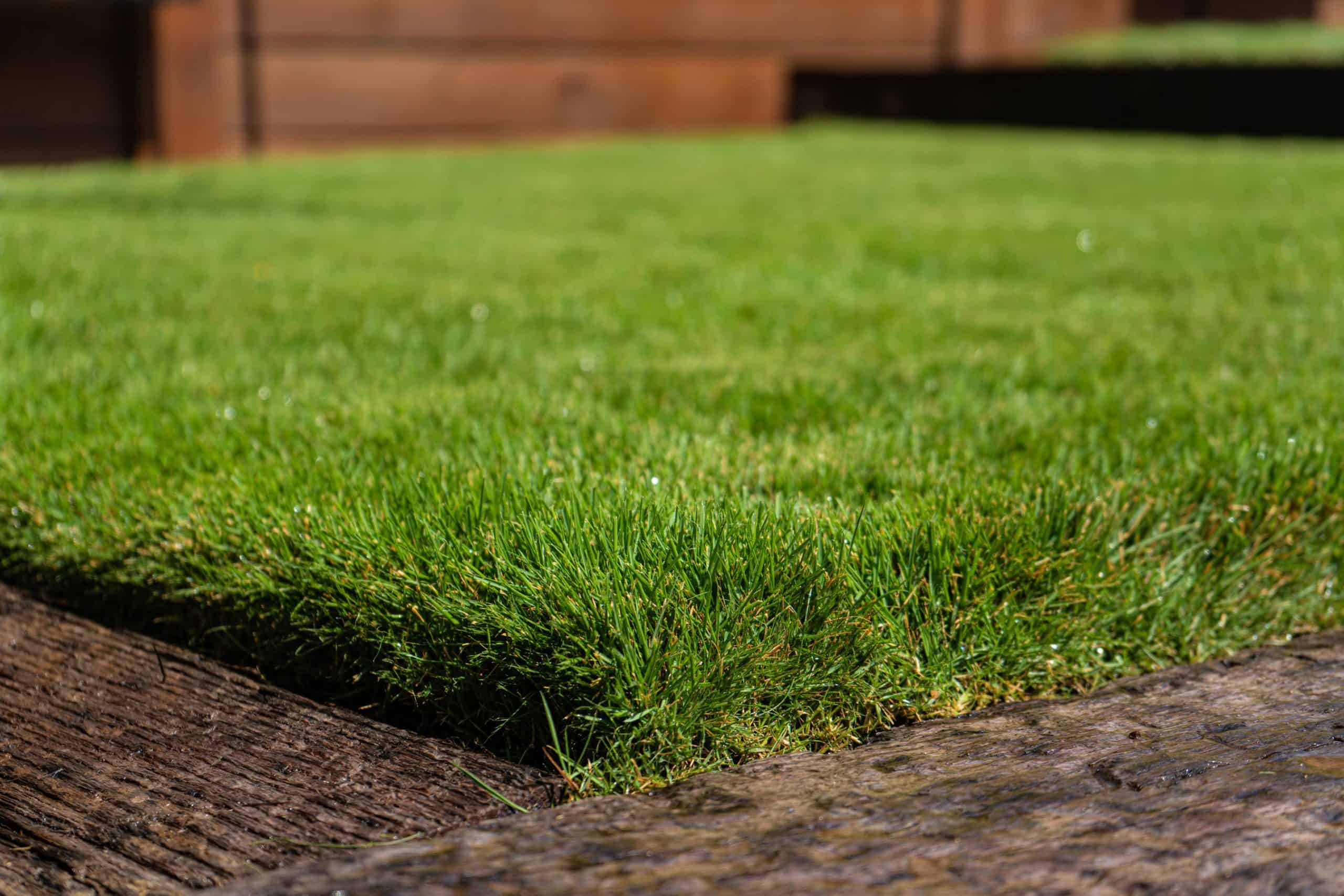
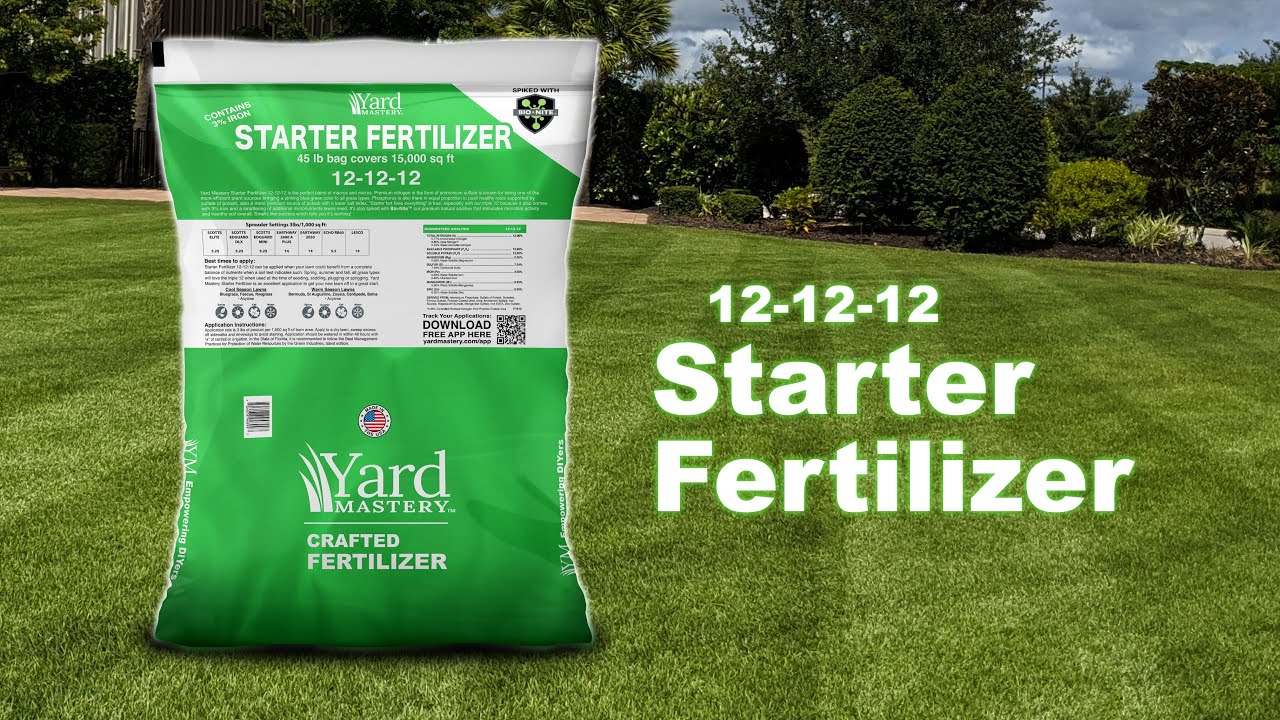
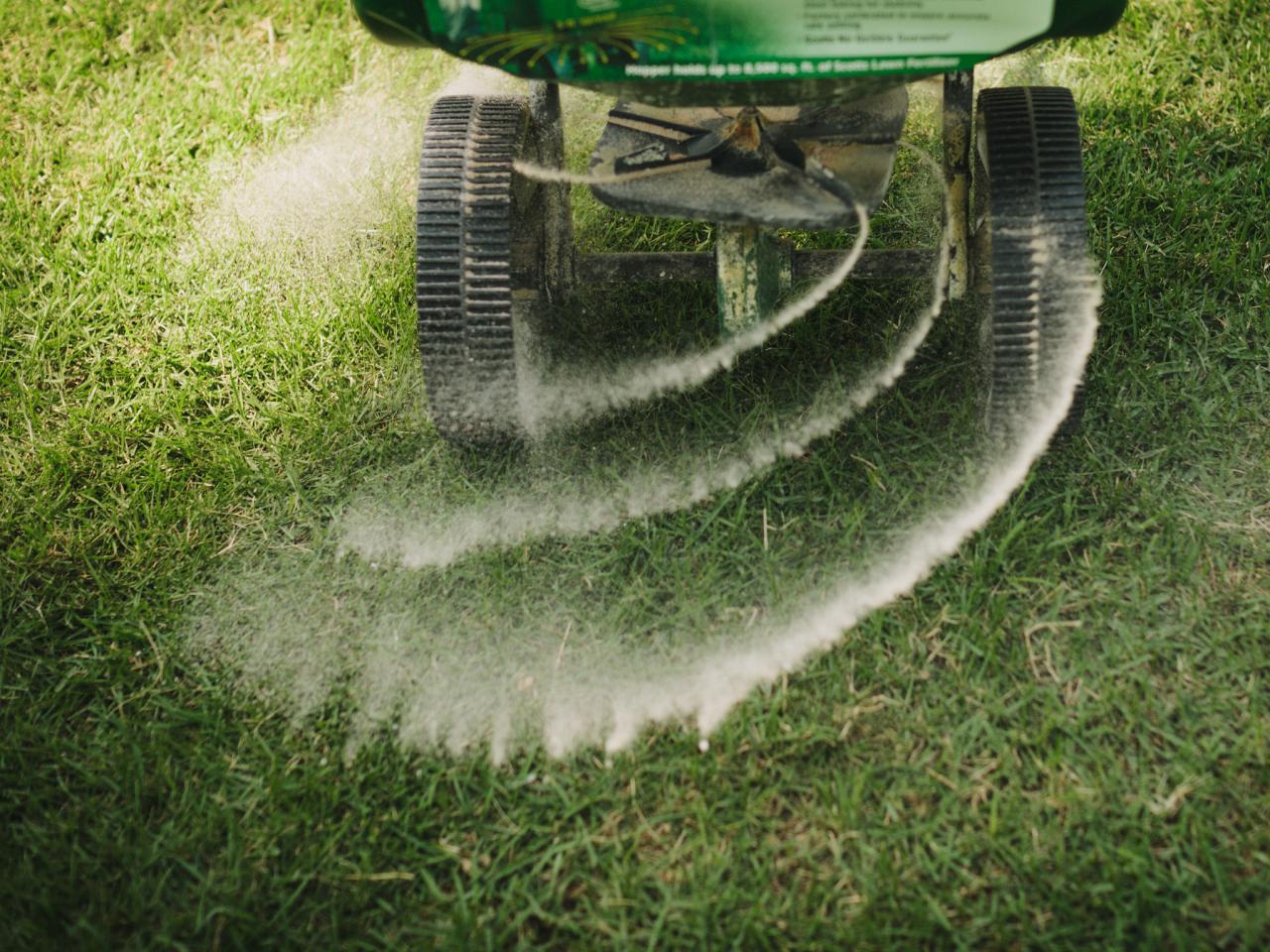
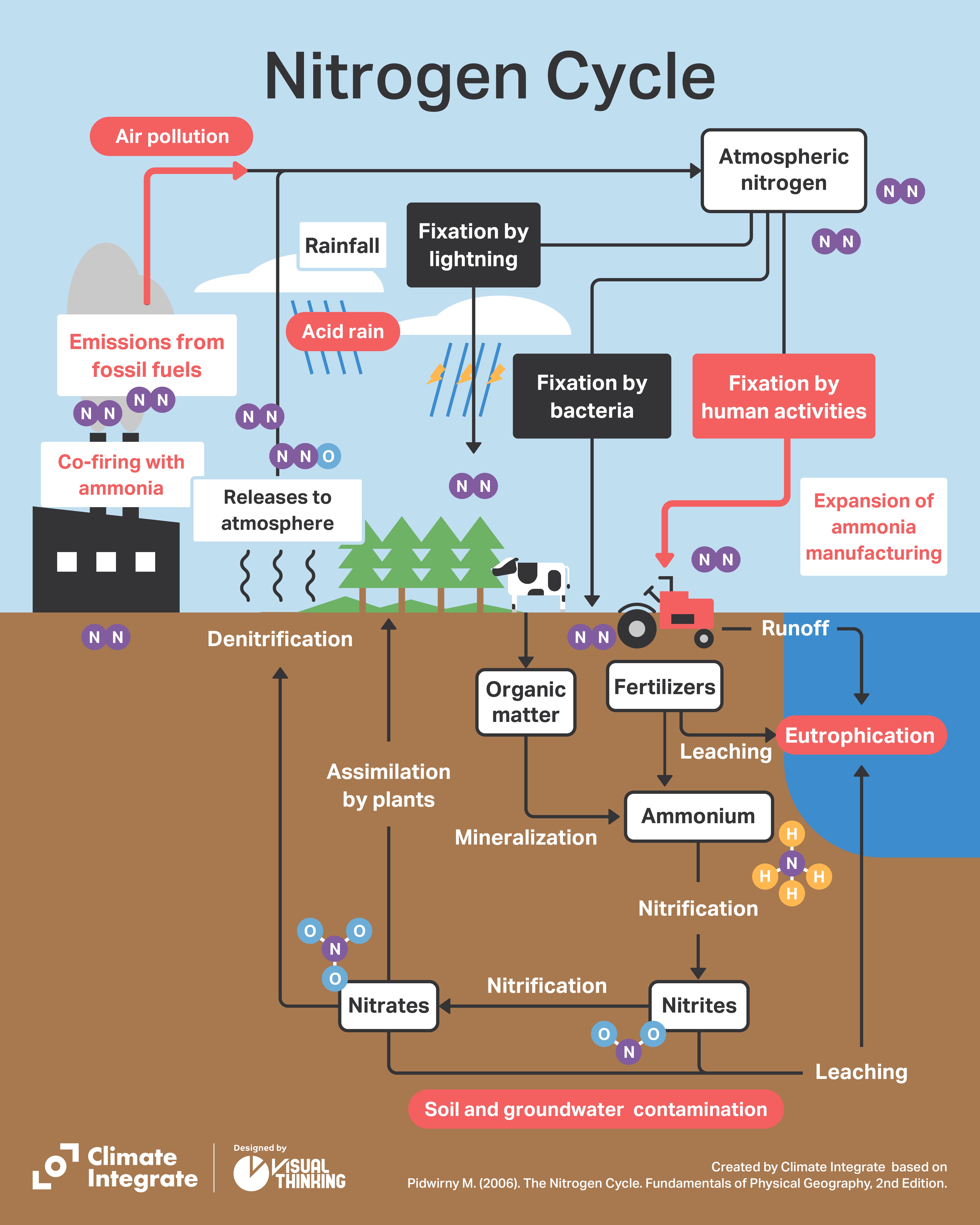
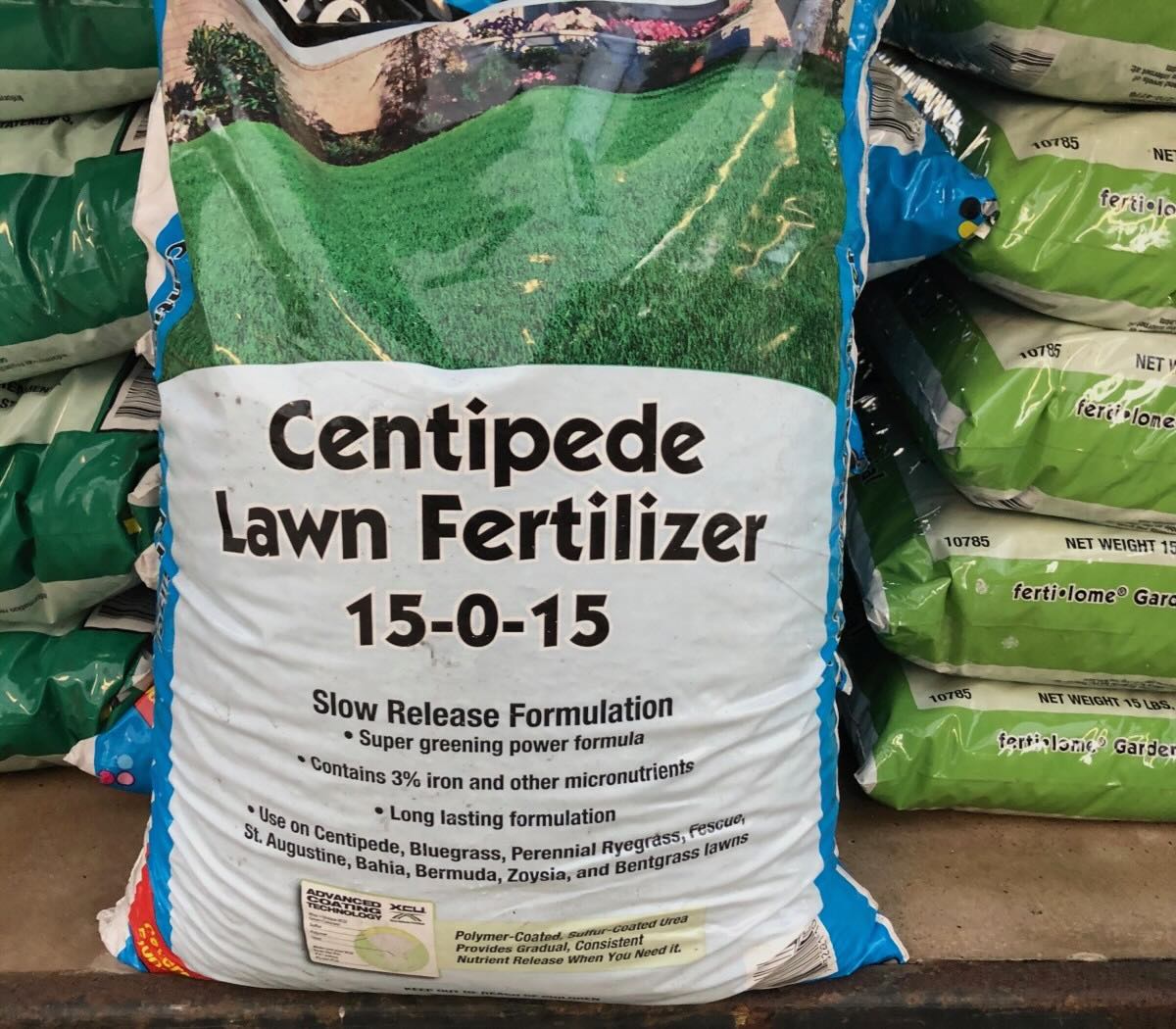
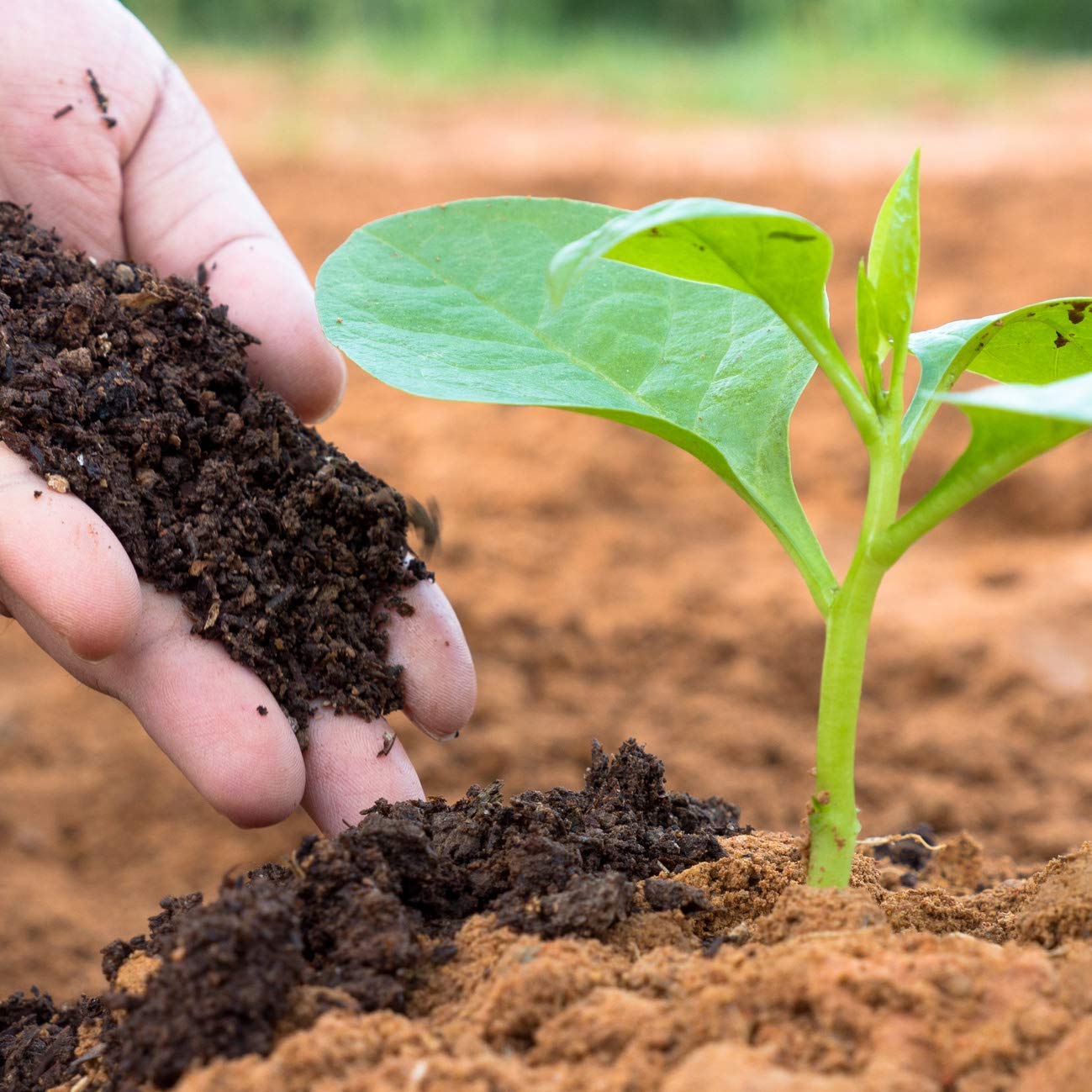
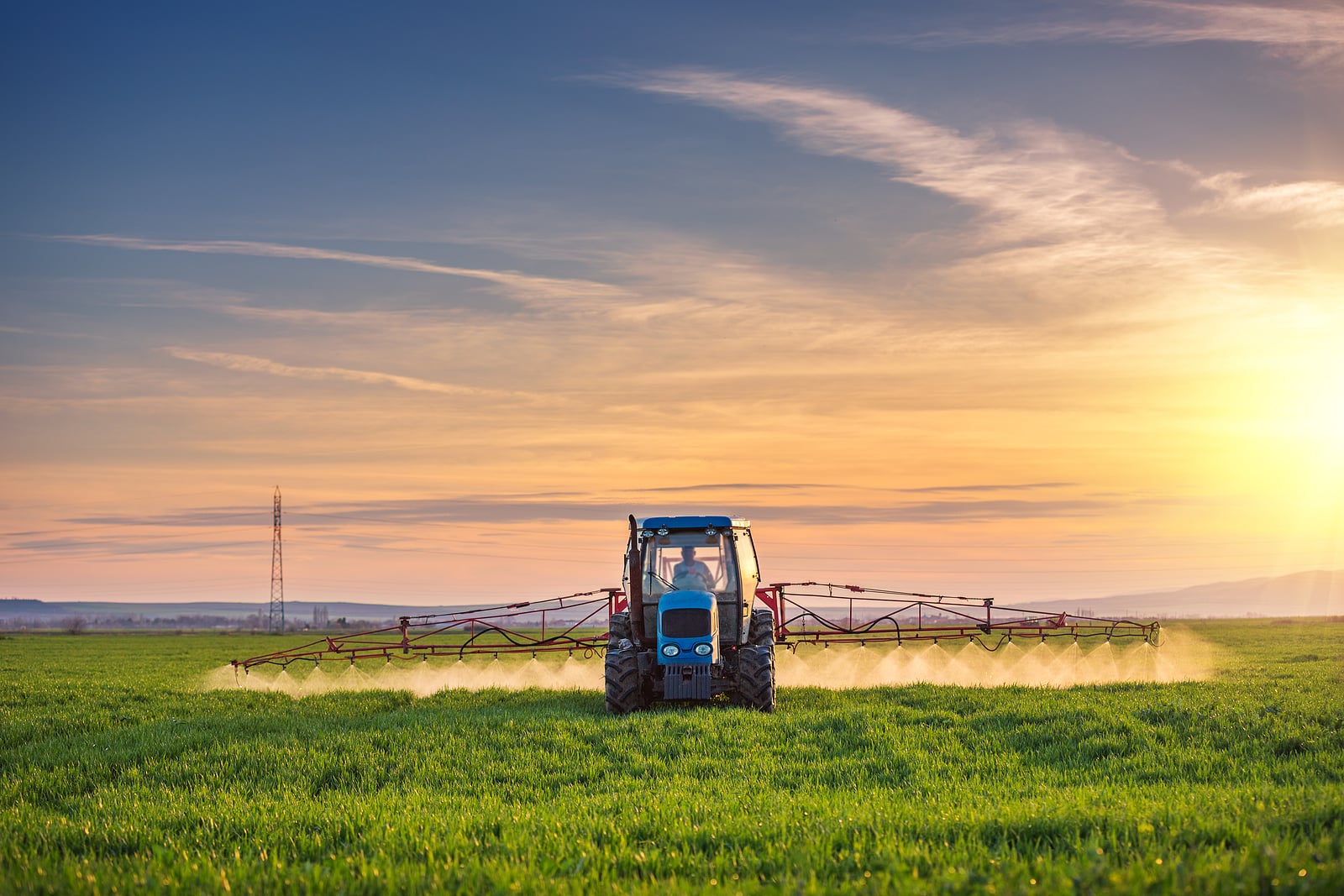

0 thoughts on “How To Use Chicken Poop As Fertilizer”